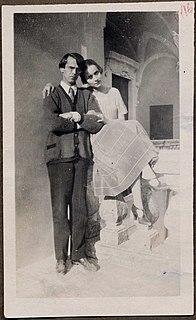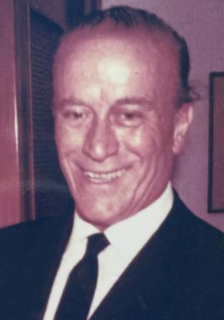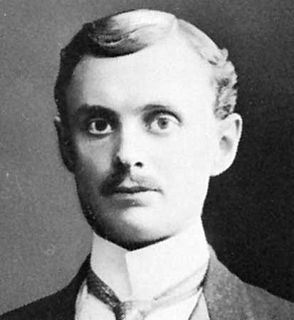A Quote by Hunter S. Thompson
All my life, my heart has sought a thing I cannot name. Remembered line from a long- forgotten poem
Related Quotes
It was early on in 1965 when I wrote some of my first poems. I sent a poem to 'Harper's' magazine because they paid a dollar a line. I had an eighteen-line poem, and just as I was putting it into the envelope, I stopped and decided to make it a thirty-six-line poem. It seemed like the poem came back the next day: no letter, nothing.
Poetry is perhaps the oldest art form. We can go back to an age-old idea of naming things, the Adamic impulse - to give something a name has always been an immensely powerful thing. To name something is to own it, to capture it. A poem is still a kind of spell, an incantation. Historically, a poem also invoked: it was a blessing, or a curse, or a charm. It had a motile power, was able to summon something into being. A poem is a special kind of speech-act. In a good poem there's the trance-like effect of language in its most concentrated, naked form.
I keep feeling that there isn't one poem being written by any one of us - or a book or anything like that. The whole life of us writers, the whole product I guess I mean, is the one long poem - a community effort if you will. It's all the same poem. It doesn't belong to any one writer - it's God's poem perhaps. Or God's people's poem.
[In response to Alfred Tennyson's poem "Vision of Sin," which included the line "Every moment dies a man, every moment one is born."] If this were true, the population of the world would be at a stand-still. In truth, the rate of birth is slightly in excess of death. I would suggest that the next edition of your poem should read: "Every moment dies a man, every moment 1 [and] 1/16 is born." Strictly speaking, the actual figure is so long I cannot get it into a line, but I believe the figure 1 [and] 1/16 will be sufficiently accurate for poetry.
I think what gets a poem going is an initiating line. Sometimes a first line will occur, and it goes nowhere; but other times - and this, I think, is a sense you develop - I can tell that the line wants to continue. If it does, I can feel a sense of momentum - the poem finds a reason for continuing.
































